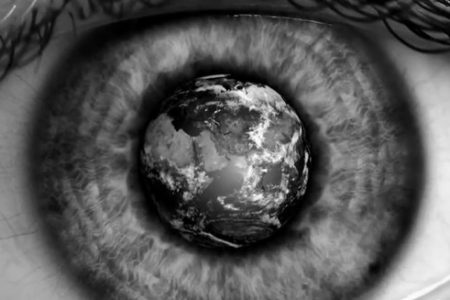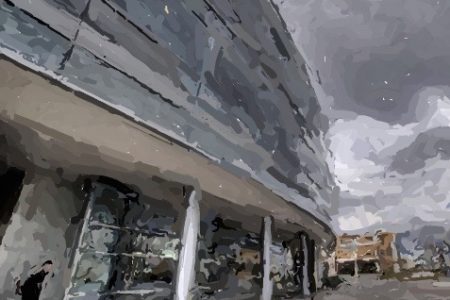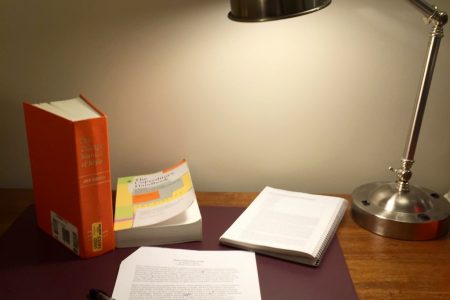The following post was written by Heather Belnap Jensen, a Faculty Fellow at the Center. “Academics: forget about public engagement, stay in your ivory towers,” blasted the headline from an opinion piece published in The Guardian last month. While James Mulholland, an associate professor of English at North Carolina State University, is convinced specialization can …









